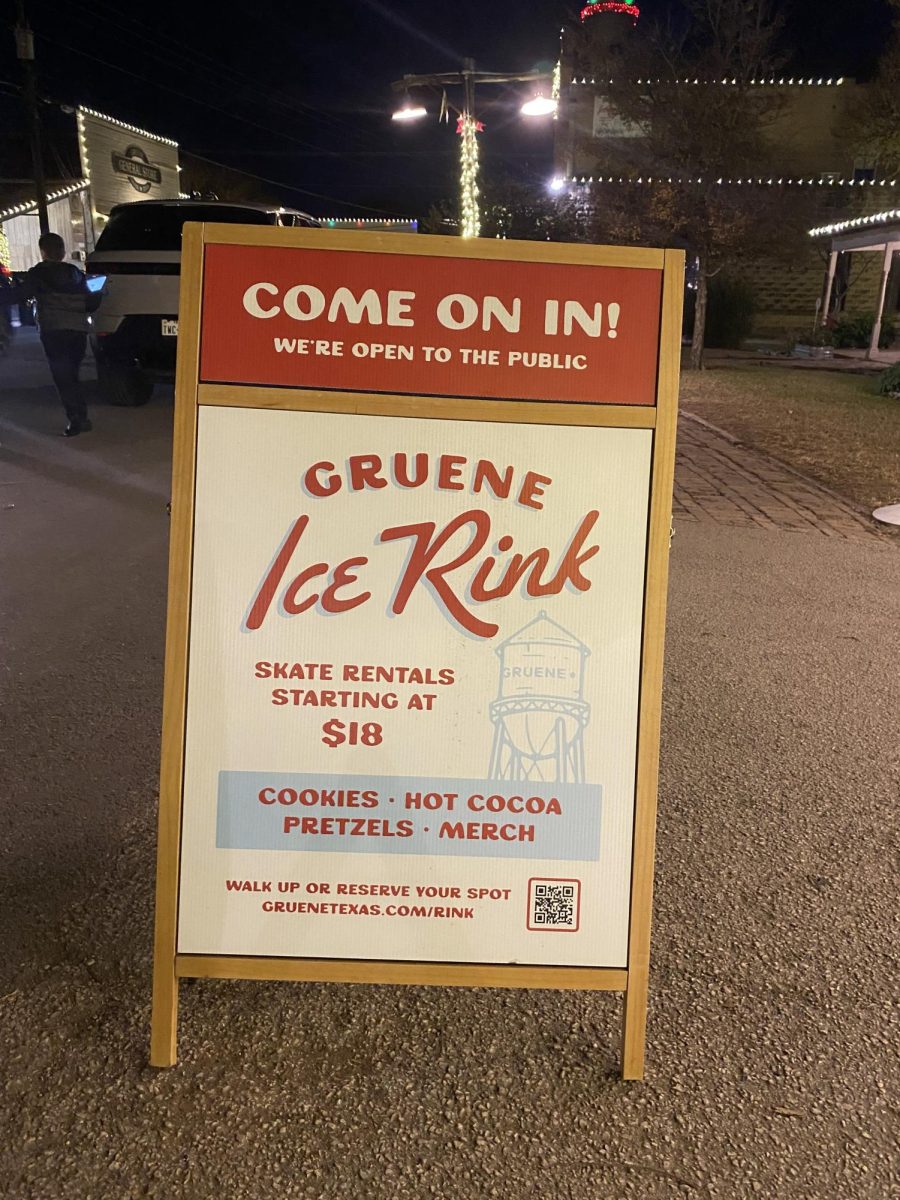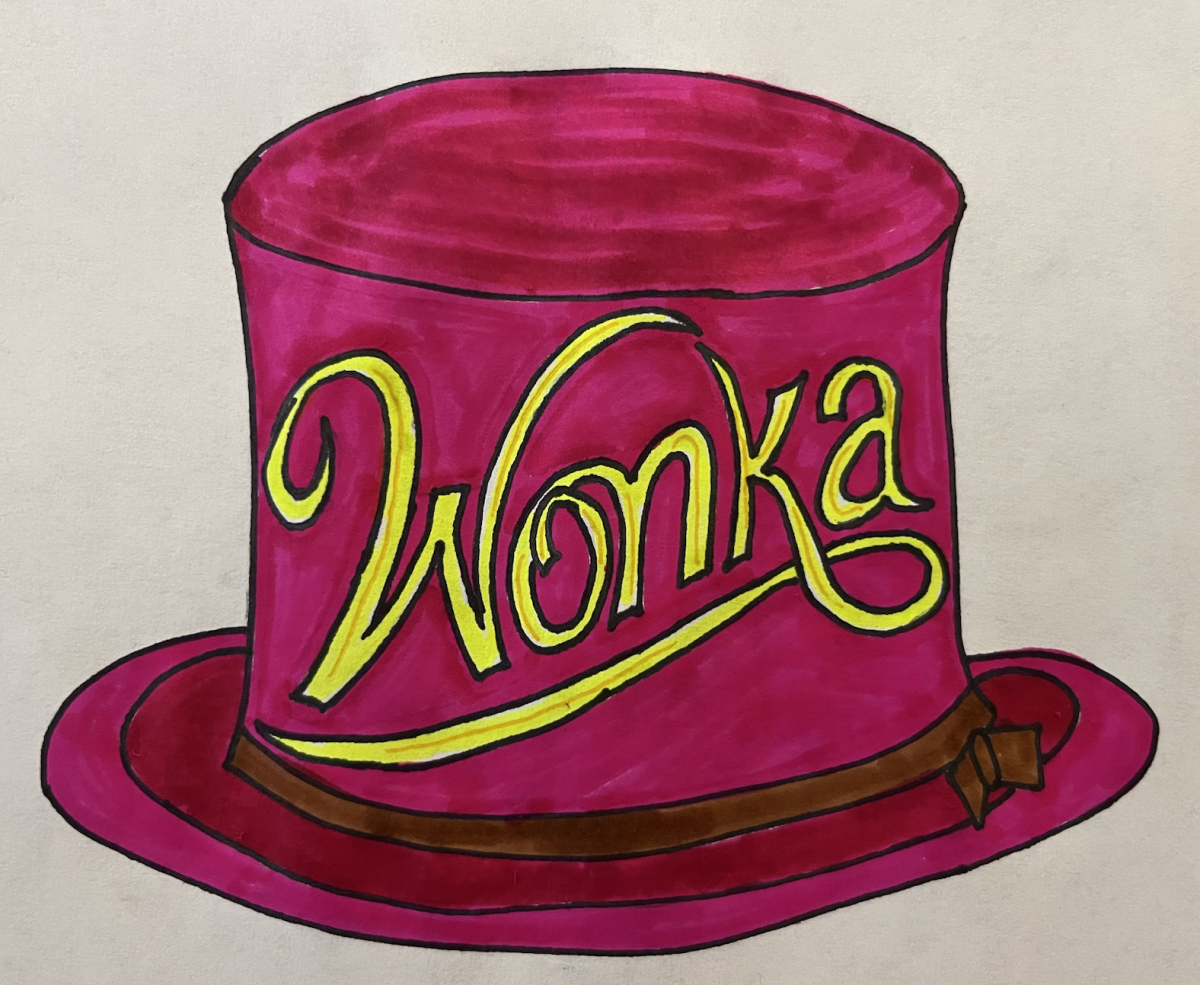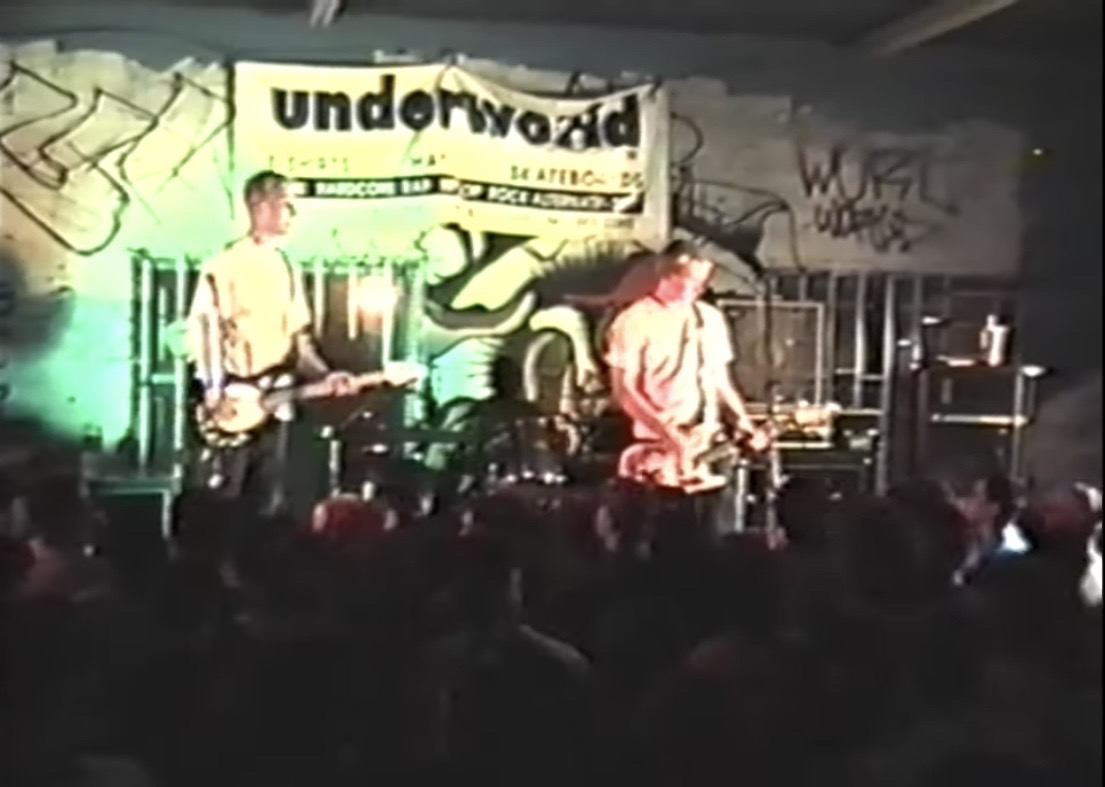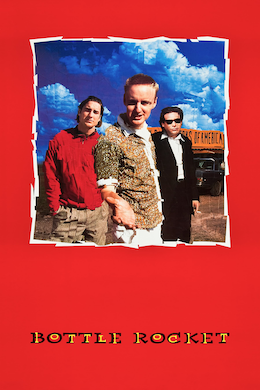
Over a 28-year directorial career, Texas-born director Wes Anderson has developed a style of filmmaking unlike any other director in the industry. However, looking back at his initial two films, Bottle Rocket and Rushmore, you would be taken aback upon first viewing had you only been exposed to his recent outputs such as Asteroid City or Moonrise Kingdom. Wes Anderson has greatly developed as a filmmaker throughout his career, and much of that development has to do with the people and environment around him during his career.
Anderson met Owen Wilson in 1989 at the University of Texas; both of them attended the same nine person playwriting class and quickly developed a friendship that would spark both of their illustrious directorial and acting careers respectively. Over the next 3 years, the pairing began to collaborate on a film project. The result was a short film, directed in 1992, titled Bottle Rocket. The project was held onto and displayed at the 1994 Sundance Film Festival, where the film caught the eye of director James Lawrence Brooks.
After some discussion, Brooks agreed to finance a full-length version of the short film, leading to Anderson’s directorial debut with a full-length Bottle Rocket being released in 1996. The film retained much of the plot from the original short and also featured Luke Wilson, Owen Wilson’s younger brother, who along with Owen, would continue to reappear in Anderson’s future works in acting roles. The movie lacks the vivid, symmetrical visuals of Anderson’s more recent outputs, but it set the precedent that would allow for that development to occur. Anderson’s blunt dialogue and eccentric characters, quirks first established in Bottle Rocket, persist into his current projects.
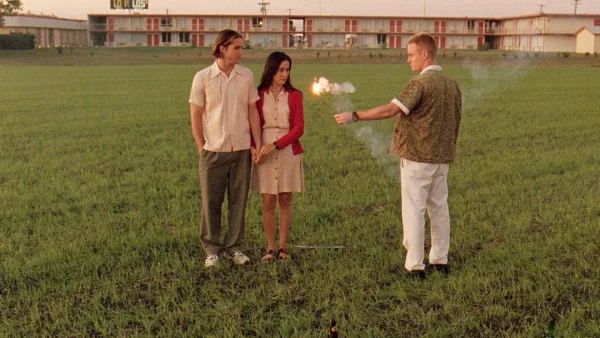

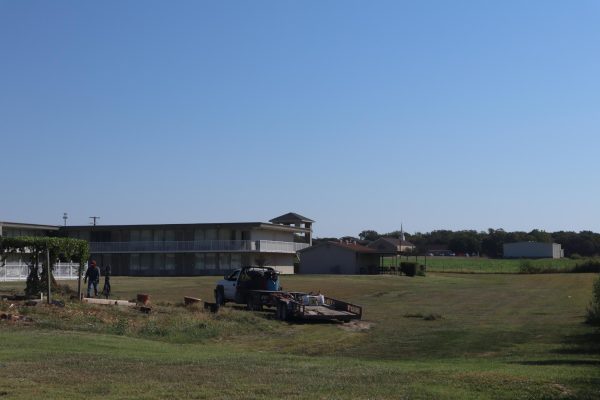
Bottle Rocket, however, was a commercial failure in theaters. Off of its $500,000,000 budget, it grossed just $560,069 at the box office. The failure was disheartening to all those involved in the production; Owen Wilson even contemplated joining the Marines following the poor commercial reception. However, the release was not all negative. The film was met with positive reviews from audiences and critics, along with earning high praise from prominent filmmakers. Martin Scorsese named the film as one of his favorite films of the 1990s during a 2000 interview with Esquire. The commercial failure of Bottle Rocket was not the end of the road for Wes Anderson, and a year later he began production on his next film, Rushmore.
Rushmore’s screenplay had been being drafted by Owen Wilson and Wes Anderson even before the release of Bottle Rocket. Rushmore was heavily shaped by the pairs experiences and upbringing. Protagonist Max Fischer is described by Anderson as a semi-autobiographical version of himself. Anderson even went so far as to film the fictional “Rushmore Academy” at his high school alma mater St. John’s High School in Houston, Texas. In the events of the movie, Max Fischer is expelled from Rushmore Academy; this is taken from Wilson’s same experience in expulsion from his school, St. Marks School of Texas. Much of Max Fischer’s flawed ambition and lack of motivation for academics is lifted from Wilson’s experience growing up. These personal contributions from Anderson and Wilson contribute to what makes Rushmore special. The characters have flaws, and they are not meant to be people you should model yourself after. However, they are characters the audience can relate to and see their past mistakes in. The personal touches are what set Rushmore apart from Anderson’s entire output.
Owen Wilson opted not to act in Rushmore, instead being a co-writer on the film and appearing in just a brief cameo, where he can be seen riding golf carts with Anderson in a photograph. Wilson stuck around as a co-writer for Anderson until 2004 upon the release of The Life Aquatic with Steve Zissou which he only acted in. Following this, Wilson would not go on to return as a co-writer again for Anderon. Wilson’s presence in the writing room is a large reason why Anderson’s older films, while less visually distinctive, possess a heart and endearing charm to their characters that are sometimes hard to find in his new output that seemingly prioritize a visual spectacle.
While his initial outputs in Bottle Rocket and Rushmore lack the sophistication in cinematography and visual grandness as compared to his newer works, they set the groundwork for the filmmaker Wes Anderson would become today while also possessing their own personal charm that make them well worth watching.


